For Derek Teel, being fast means being strong. Derek is a former pro downhill racer and owner of Dialed Health, a strength training service for cyclists. Derek’s advice on getting stronger can make every athlete faster.
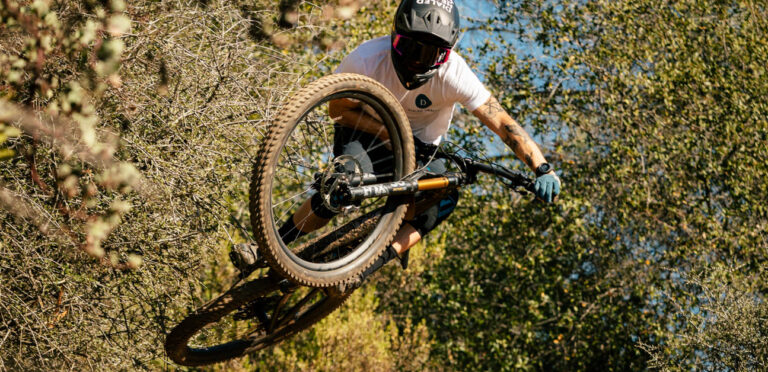

For Derek Teel, being fast means being strong. Derek is a former pro downhill racer and owner of Dialed Health, a strength training service for cyclists. Derek’s advice on getting stronger can make every athlete faster.
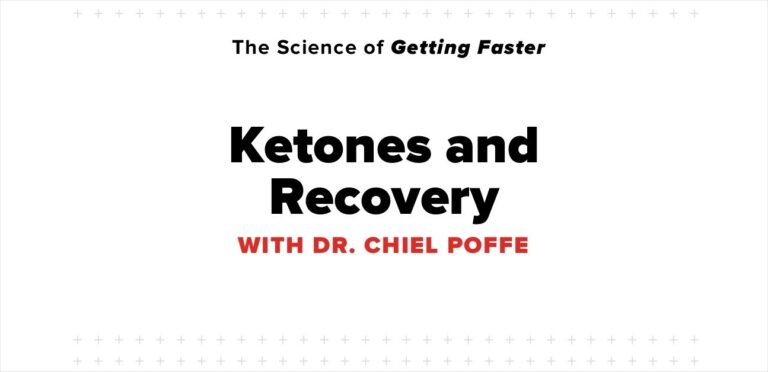
Exogenous ketone esters are a hot topic in cycling. In our second conversation with Dr. Chiel Poffe, we learn about his research into using ketone esters to benefit recovery from high-volume training.
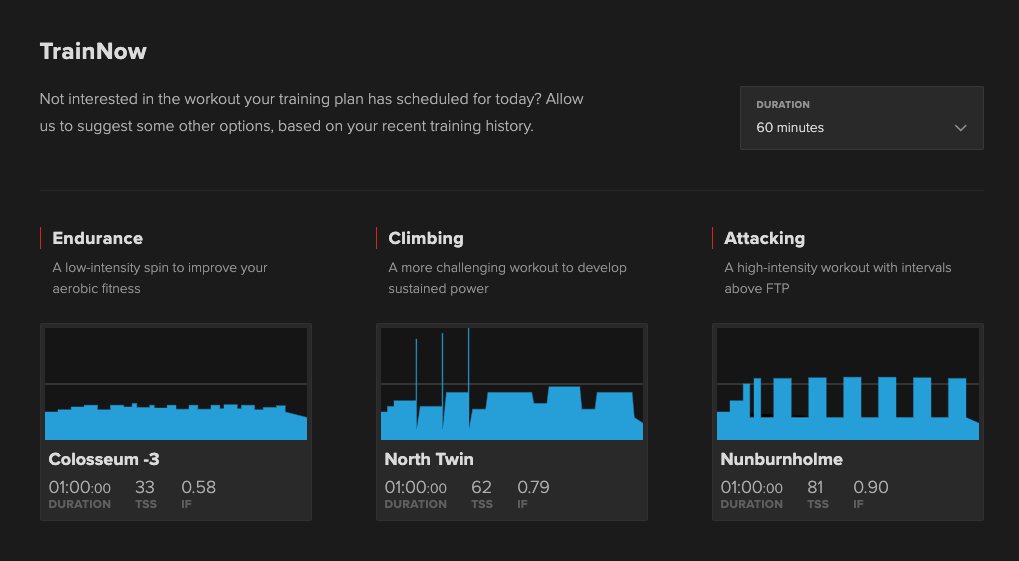
There is a new way to train on your terms with the power of Adaptive Training. TrainNow gives you the flexibility to complete structured training, when and how you want, with intelligently recommended workouts. However you want to ride, TrainNow can help you get faster.
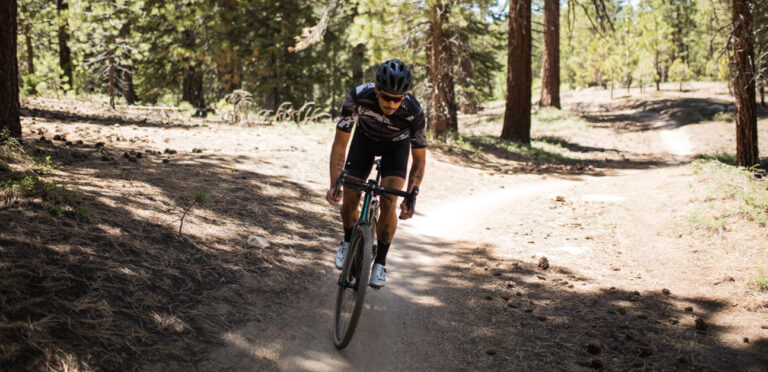
Power-to-weight ratio is one of the most important metrics in cycling, but it can also be a negative influence driving athletes to obsess over weight. Learn how it can help make you faster if used correctly.
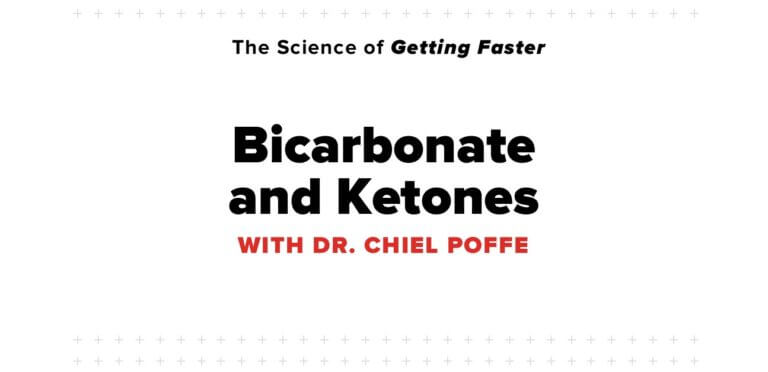
If you’ve been paying attention to professional cycling over the last few seasons, you’ve probably heard talk of ketone esters. Can this substance improve performance? And if so, how?

After more than 30 years racing bikes, professional strength coach Art O’Connor continues to push himself with new challenges. Learn how he used smart training to conquer a 21- hour race in extreme cold conditions.
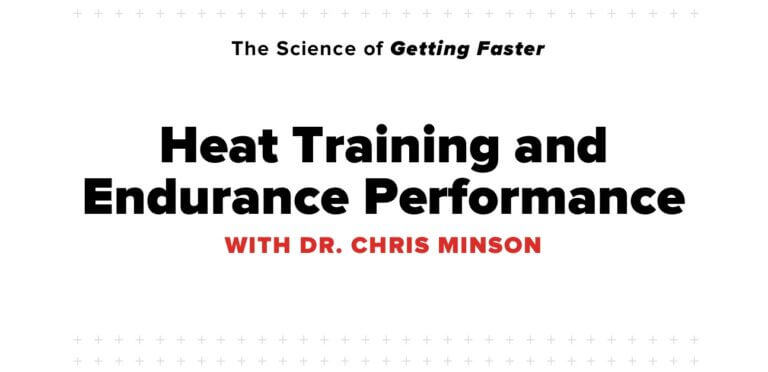
Heat adversely affects the body’s ability to do work, but strategic utilization of heat in a training regimen can facilitate performance increases. Dr. Chris Minson, one of the leading experts and researchers on this topic, explains how heat training can improve your performance and offers tips on how to prepare for events in hot conditions.

Power is the only truly objective way of assessing performance in cycling, but power meters and smart trainers are a luxury for many athletes. Find out how you can get the benefits of structured training without a power meter, and why this type of training can even benefit riders with access to expensive equipment.
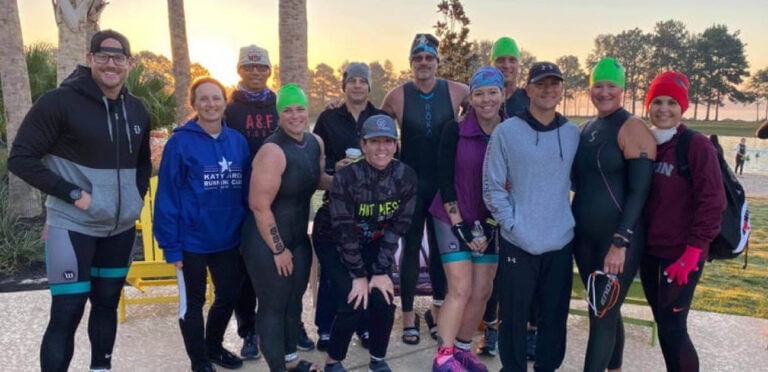
Casper Green raised his FTP 70 watts with TrainerRoad to train for local group rides in Houston, Texas, all while being a busy father and working a demanding job in home automation. By making small changes along the way and staying consistent with a low-volume training plan Curtis lost 35 pounds and reached 4.0 W/kg.
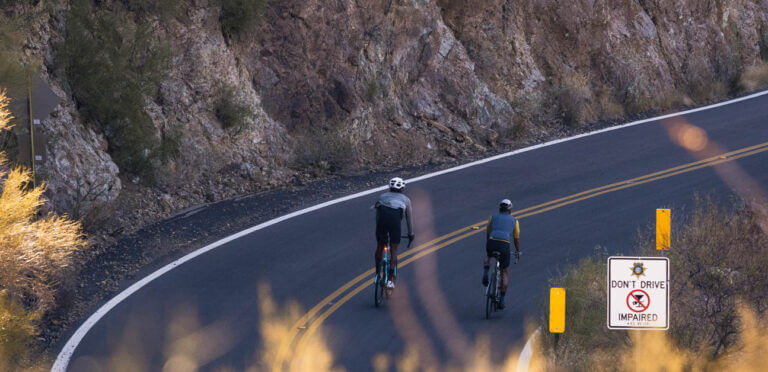
Fitness is never stagnant, and if you reduce training stress, you experience detraining. Find out what it is, why it happens, and the rate at which it occurs.